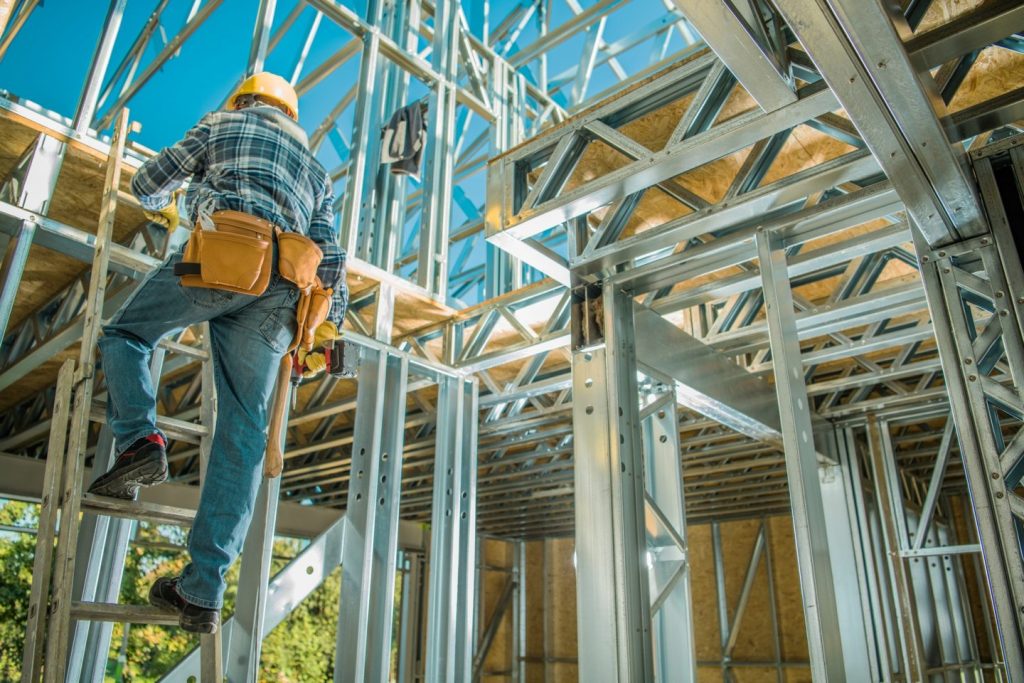When it comes to remodeling, there are many mistakes you can make. Some of them are obvious. Others might not be so clear until the house has been demolished and rebuilt again. Therefore, it’s time to have a look at some of the things you should avoid when remodeling. The construction industry has an extremely high rate of failures because people didn’t plan accordingly. Setting up a budget for your project is crucial since it doesn’t only give you a clear idea about what will be done, but also helps you keep track of expenses and whether or not something needs to be re-prioritized. Remember that hiring professionals mean higher costs, so don’t hesitate to make changes if needed.
– If you’re not experienced in doing your home improvement or remodeling project, then it’s probably time to call in the pros. A good contractor will be able to save you money and stress down the line by making sure that everything is done properly from the get-go. Just make sure you’re not paying too much for the job – there are plenty of competent contractors out there that won’t break your wallet. When deciding whether or not to hire a contractor, consider the specific nature of the project at hand. For example, if you want to remodel part of your home’s interior, you should probably get a professional in – especially when it comes to electrical wiring, plumbing, and other factors that are related directly to safety.

– If possible, never schedule a big home improvement or renovation project for times when it’s wet outside (which can lead to slippery surfaces), extremely hot (which could cause materials to expand unexpectedly), or extremely cold (which could result in them contracting) outside. If bad weather is unavoidable, there are other ways you can protect your landscaping. For example, covering topsoil with a tarp before tearing up the lawn and putting down new seeds (which will germinate in most soil conditions) is an effective way to ensure that your yard recovers from any damage between jobs.
– Unless your remodeling project falls under very specific categories, you’ll likely need to get a building permit before starting any construction. Permits protect both homeowners and contractors, so it’s never a bad idea to invest in one. Even if a contractor already has a permit, it’s still your responsibility to make sure that the work being done falls under that permit. If not, you could get fined or forced to tear down what’s been built. For a building project to be considered finished, inspectors from your local city hall will need to verify that it meets basic building codes and safety standards. Without an inspection of some sort, new homeowners may find themselves on the hook for costly repairs in the future.








